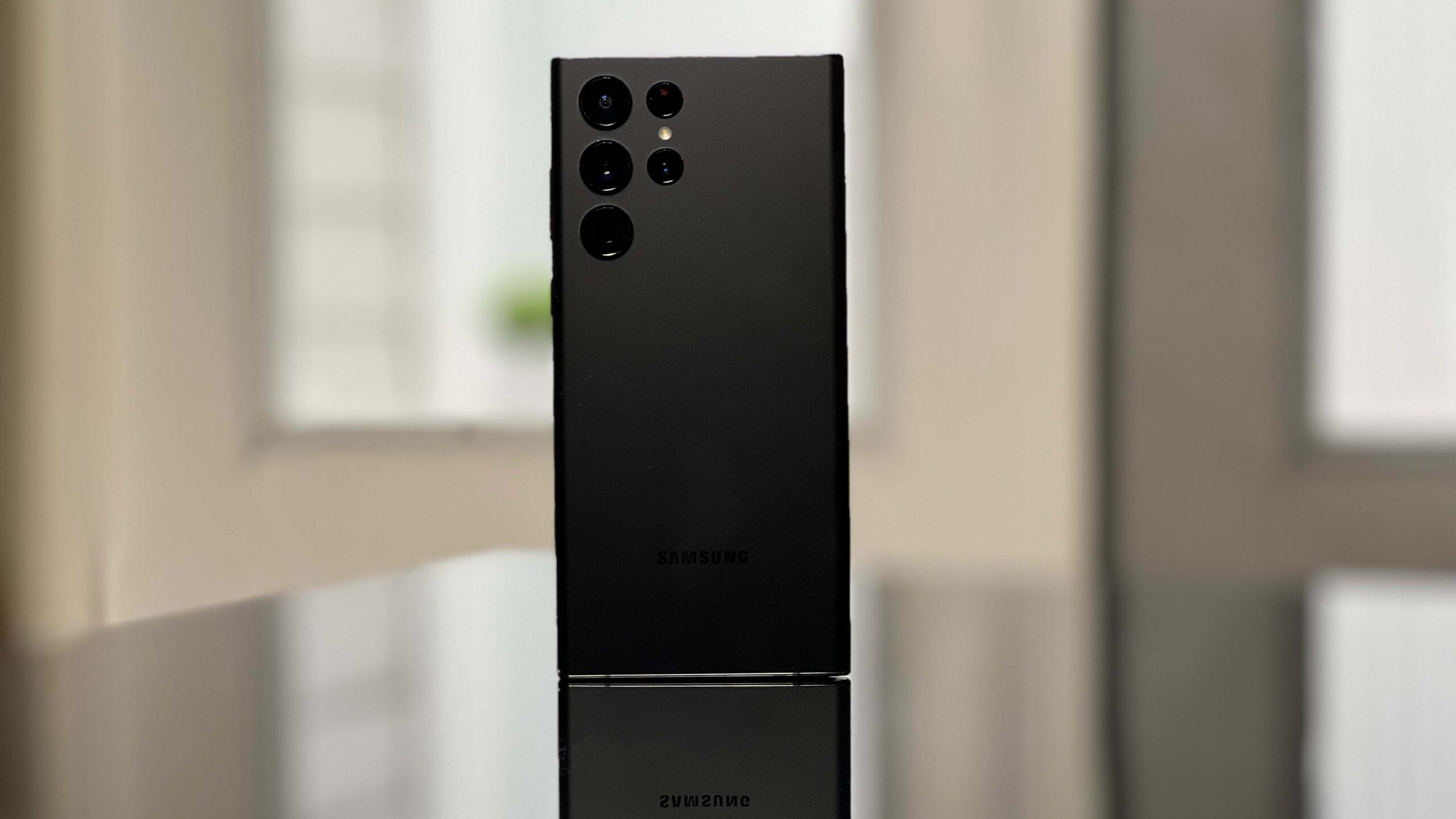Galaxy S23 Series Could Feature Satellite Connectivity, Rumored to be More ‘Advanced’ Than Apple’s Implementation

Apple has increasingly invested in fitness and safety related features in the last few years, both for the iPhone and the wearables platform around it. Just this year, with the iPhone 14 launch, the company announced the Emergency SOS via satellite feature. This was actually the first-time smartphones were equipped with hardware that enabled satellite connectivity and this was made possible by Qualcomm’s X65 modem chip with support for the n53 band.
It is reported that Samsung will implement a Satellite Connectivity system for Galaxy products, in partnership with Iridium Communications.
It is more advanced than Apple's current solution.
Iridium itself has 66 satellites with an ability to do voice & data connectivity. pic.twitter.com/S3zxUyiNcg
— Alvin (@sondesix) November 24, 2022
Now, according to noted Twitter leakster Alvin, even Samsung is planning to bring similar satellite connectivity features for its upcoming flagships The Galaxy S23 series is rumored to feature the Snapdragon 8 Gen 2 SoC with the X70 5G modem, which likely means it has the required hardware and band support for satellite connectivity. But that’s not all, apart from the hardware companies also need satellites in space to enable the feature. Apple tied up with Globalstar for just this, and even invested in the company to build the necessary infrastructure.
Likewise, Samsung is rumored to partner with Iridium Communications for the required satellite infrastructure. According to the company’s Wikipedia page, Iridium has 66 active satellites in orbit with L band powered voice and data coverage.
More ‘Advanced’ than Apple?
Alvin also mentions Samsung’s implementation is going to be more advanced than Apple’s current solution. It’s hard to infer at this point what exactly Samsung is going to do better. As of now Apple’s Emergency SOS via satellite feature lets iPhone 14 users contact emergency services only via specialized texts.
The iPhone 14 series features emergency SOS, where the phone can directly communicate with a satellite to contact emergency services. Although, Satellites are actually very slow-moving targets, and they don’t have a lot of bandwidth. To counter this, the new iPhones automatically “front-loads a few questions to assess your situation “.
You can then tap to respond, and the phone will point you to a satellite. Once a connection is established, your iPhone sends “your answers, location, Medical ID (if set up), and battery level to a dispatcher.”
Samsung can potentially add voice communication or some sort of a more real-time messaging system for its own implementation. But again, there are huge bandwidth and latency limitations on satellite, especially for hardware that essentially fits into your pocket. The Galaxy S23 series launch is just around the corner, and it will be interesting to see in what way Samsung is able to improve over Apple’s SOS via satellite feature. But it’s better to keep realistic expectations at this point given the physical limits of the technology itself.





